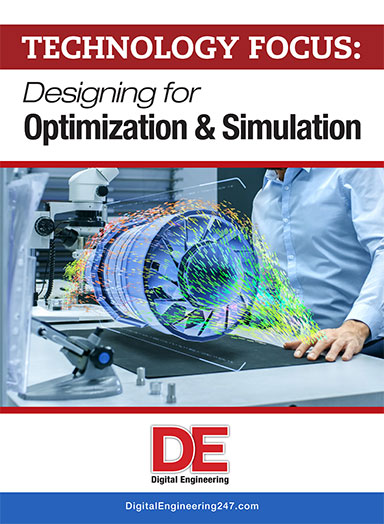
December 18, 2018
We write quite a bit about the democratization of simulation via purpose-built apps that hide complications from end users (at the expense of some options), or via software interfaces that make simulation results easy to attain, even for end users who may not fully understand those results. The “democratization” or broader use of simulation technology is a core mission of Digital Engineering because we believe it will result in better, safer, more affordable products as well as innovative products of the future that are difficult—if not impossible—to design and engineer without simulation.
However, the use of simulation is increasing in many ways, not just what is traditionally thought of as democratization.
Simulation is a Matter of Perspective
To see the forest for the trees, let’s take a bird’s eye view of simulation. Broadly, at a high level, simulation is an imitation. From a design engineering perspective, you’re trying to imitate a part, product or process under a specific set of circumstances. This simple definition includes one-dimensional flow charts, CAD-embedded assembly animations, traditional finite element analysis and computational fluid dynamics software, and newer terms like topology optimization, generative design and even digital twins. In short, you’re probably contibuting to the spread of simulation already, even if you’re not engaged in what the democratization buzzword typically entails.
The danger of the simulation democratization discussion is that it could divide engineering teams into an us vs. them mentality with analysts on one side and CAD experts on the other. In progressive companies looking for an edge, that’s not what’s happening. Simulation is pervasive, with people from different departments and backgrounds discovering new ways to put it to use, in all of its varied forms.
We hope the articles collected in this special digital issue will broaden your view of simulation and deepen your understanding of how it can benefit your team.
Latest News




Related Topics




